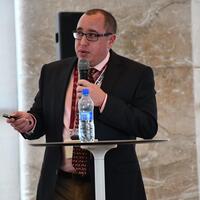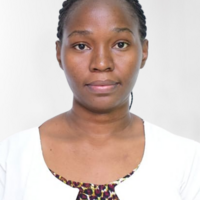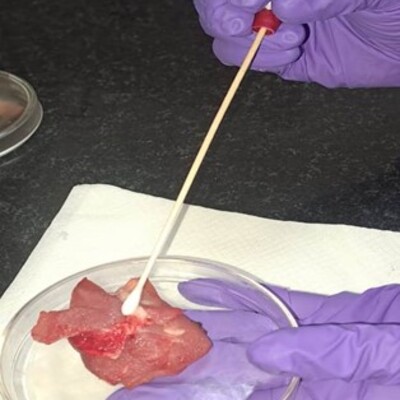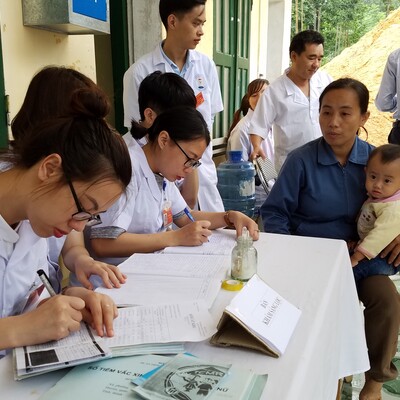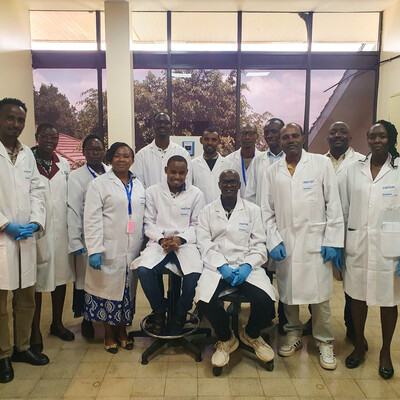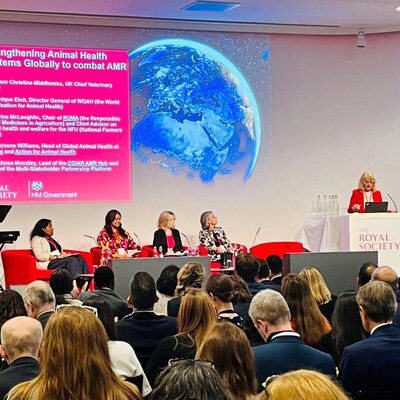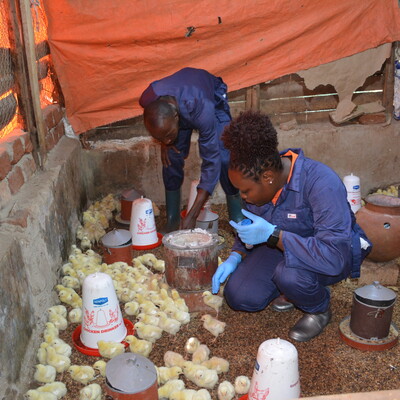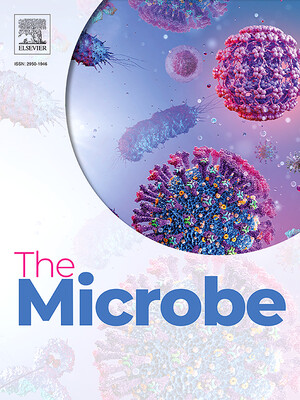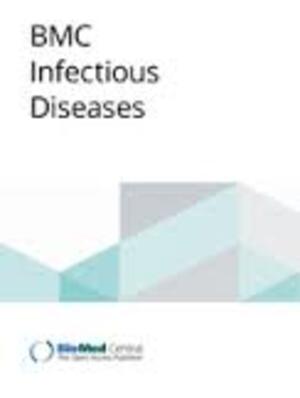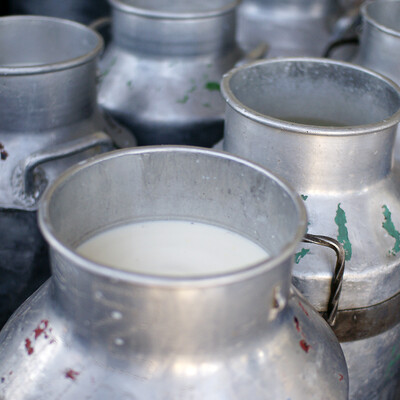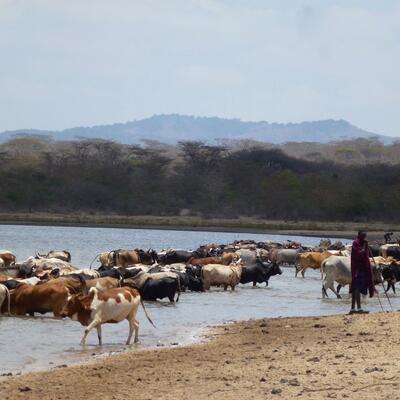
Goat Health: Harnessing Bacteriophages for Mastitis Prevention in Kenya (GO HEAL MASTITIS)
The GO HEAL MASTITIS project responds to a need for effective and sustainable solutions to address antimicrobial resistance in ruminant farming practices by developing bacteriophage (phage)-based products for the management of mastitis in Kenyan goats.
Bacteriophages, or phages for short, are viruses that infect and kill specific bacteria, including bacteria that make people and livestock sick. A phage-based veterinary product could help manage bacterial diseases instead of solely relying on traditional antibiotics, which are not always effective and leave temporary residues in meat and milk. Mastitis is a health issue for dairy animals, reduces milk yield and affects reproductive health, and has a negative impact on greenhouse gas emissions.
The project is a unique collaboration between a lab-based bioscience team and a team of social scientists. The bioscience team based at ILRI and University of Laval will collect Staphylococcus bacteria that cause mastitis from goat farms in Kenya and test for antibiotic resistance. They will then look for phages that target these bacteria using international collections and phages collected in Kenya. Lastly, they will test combinations of phages in mastitis infection models and experiment with different ways to preserve and store the phages for use in a veterinary product. The social science team will consider the needs and preferences of men and women keeping dairy goats by asking about their mastitis control and treatment practices, access to veterinary services and products, and roles in keeping goats. They may also consider the policy environment which affects how a new veterinary product will be registered. The social science and gender findings will guide the bioscience team in development of a phage-based veterinary product that will be accessible and useful for diverse keepers of dairy goats in Kenya.
You can read more about the GO HEAL MASTITIS project, phages in Africa, gender-responsive design of phage products for Kenyan chickens, and even listen to a podcast developed by our funders at IDRC: Phages - My enemy's enemy is my friend.






